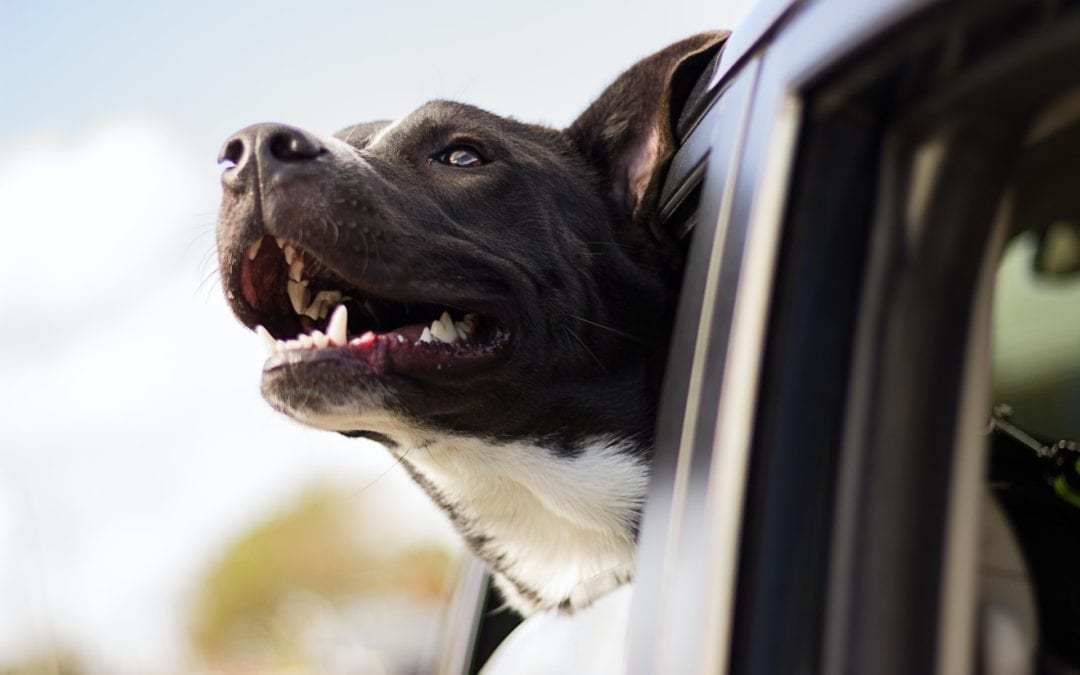Things to Know Before Your Surgery or Dental Cleaning Appointment
1. Your pet should not eat anything after 10pm the night before surgery. Water is fine, just take that up first thing in the morning.
2. Your pet will need to be dropped off for surgery between 7:30am-8:30am. You will meet with a veterinary assistant who will go over your consent form and answer any questions you may have.
3. Let us know before your appointment if you need an estimate. We try to get these as accurate as possible, but every surgery and dental can present other issues that we will need to take care of so remember these are only estimates and your final costs may be lower or higher.
4. We try to send all surgery patients home the same day because we do not have any staff here after hours. In rare cases that we do recommend that your pet stay overnight, there is no additional charge.
5. We do require that all dogs be up to date on their Rabies and Bordetella (kennel cough) vaccines and cats must be up to date on their Rabies. If they are not and you do not provide proof that they have received the vaccine from another veterinarian office, we will give the vaccines while they are here and you will be charged.
6. We will call you after your pet’s surgery is done to give you an update and to let you know what the earliest pick up time will be. We want to make sure they recover from the anesthesia so they usually don’t get released until after 3pm.
Dental problems can cause (or be caused by) other health problems, so we recommend
having your pet’s teeth and gums checked at least once a year.
A yearly dental health checkup will determine if your pet is a candidate for a dental
cleaning. Dental disease commonly occurs below the gumline and so is not always
visible. In order to conduct a thorough evaluation of the teeth and gums, the dental
cleaning is performed under anesthesia*.
Pets can develop a number of dental issues including Periodontal Disease, which is
common in dogs and cats. Early detection and treatment are important, because
advanced periodontal disease can cause severe problems and pain for your pet.
Periodontal disease can also be linked to kidney, liver, and heart muscle changes.
Treating periodontal disease requires a thorough dental cleaning; X-rays may also be
needed.
In between annual exams, you should have your pet’s teeth checked if you observe any
of the following problems:
- Bad breath
- Broken or loose teeth
- Extra teeth or retained baby teeth
- Teeth that are discolored or covered in tartar
- Abnormal chewing, drooling, or dropping food from the mouth
- Reduced appetite or refusal to eat
- Pain in or around the mouth
- Bleeding from the mouth
- Swelling in the areas surrounding the mouth
Be aware that some pets become irritable when they have dental problems so be
careful when evaluating your pet’s mouth, because a painful animal may bite.
*Anesthesia makes it possible to perform the dental procedures with less stress and
pain for your pet. In addition, anesthesia allows for a better cleaning because your pet is not moving around and risking injury from the dental equipment. If x-rays are needed,
your pet needs to be very still in order to get good images, and this is unlikely without
anesthesia.

